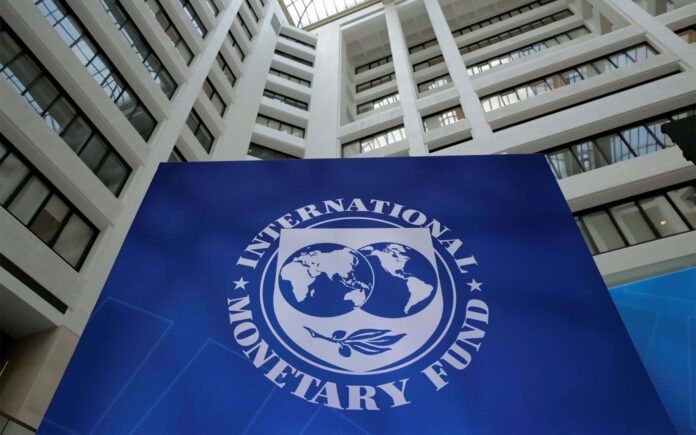The International Monetary Fund (IMF) has advised the Central Bank of Nigeria (CBN) to adopt a carefully crafted foreign exchange intervention framework aimed at ensuring currency stability.
This recommendation was made during the IMF’s recent Article IV consultation with Nigeria. The Fund welcomed the removal of distortions in the foreign exchange market and encouraged further enhancements to its functionality.
IMF directors commended Nigerian authorities for taking steps to combat inflation and restore market confidence. They emphasized the need to maintain a firm monetary policy stance to drive inflation down, promote exchange rate flexibility, and bolster reserves. The IMF noted a decline in gross international reserves in 2023 due to ongoing capital outflows, which led to sharp depreciation of the naira after the consolidation of official FX windows in June 2023. However, with monetary policy adjustments and renewed FX interventions in February and March 2024, the naira has begun to stabilize.
Read Also: Zenith Bank Shareholders Cheer N125.59bn Dividend Payout
Regarding proposed amendments to the CBN Act, the IMF cautioned against changes that might undermine the central bank’s autonomy. They also urged continued progress in implementing recommendations from the 2021 safeguards assessment.

The IMF stressed the importance of closely monitoring financial sector risks, supporting the increase in minimum capital requirements for banks, and gradually phasing out regulatory forbearance introduced during the pandemic. They acknowledged recent improvements in Nigeria’s Anti-Money Laundering/Combating the Financing of Terrorism (AML/CFT) framework and urged sustained efforts to exit the Financial Action Task Force (FATF) grey list.
IMF directors applauded the government’s initiatives to enhance financial inclusion, deepen the capital market, and improve revenue mobilization, governance, and social safety nets. They welcomed reforms introduced by the new administration and stressed the importance of well-sequenced reforms to restore macroeconomic stability, reduce poverty, and foster inclusive and resilient growth amidst significant economic challenges.
Specifically, the IMF directors highlighted the urgency of expanding the cash transfer program to address acute food insecurity and endorsed efforts to boost revenue through tax enforcement and base broadening. They emphasized the need to mobilize revenue, phase out costly energy subsidies, and prioritize development spending while maintaining debt sustainability.
In addition, the IMF encouraged reforms to improve the business environment, enhance security, strengthen governance, invest in human capital, boost agricultural productivity, and promote climate resilience to support Nigeria’s economic development and stability.




